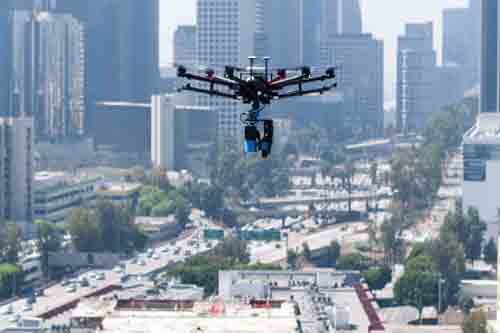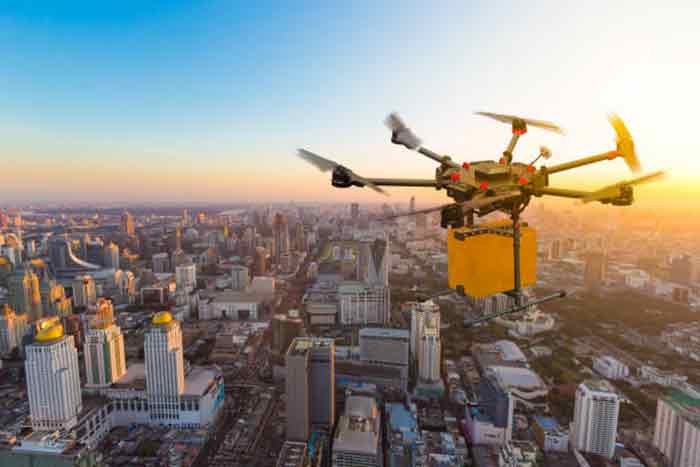Unless you’re a natural-born prodigy, drone piloting requires some learning to do it safely. Here are 5 quick tips for Drone Beginners:
One of the most important things to learn is how to control the altitude. It’s a key skill for drone pilots that helps you avoid collisions with people or animals.
1. Read the Manual

Reading your drone manual will give you a basic understanding of how your drone works. It will also help you understand the limitations of your particular model and what to do if anything isn’t working correctly.
Once you know how to operate your qinux drone k8, it’s time to start flying! First, pick a wide open space outdoors that’s free of obstacles such as trees, telegraph poles and other people.
Once you’ve found a place to fly, practice by taking off and climbing a few meters, then flying from one point to another and landing your drone. This will help you get used to the movement of your drone, and build up confidence.
2. Practice Flying
It may seem like a waste of time at first, but practicing flying your drone can save you from mistakes and keep your device running longer. This is especially important if you’re new to drones.
For starters, practice taking off and landing a few feet above the ground. Hold the drone steady and slowly push the throttle (left stick) down until it lands on the same spot.
Once you’ve mastered the basics, you can move on to more complicated flight maneuvers. But before you jump in, it’s helpful to become familiar with the four basic drone controls – roll, pitch, yaw and throttle.
3. Get a Drone
If you’re looking for a new way to take photos and video from new angles, you can start by getting a drone. Drones are remote-control (RC) multi-rotor flying devices that allow you to fly and control a drone from a distance, while providing real-time first-person view (FPV).
Once you’ve purchased your drone, read the instruction manual to learn everything about it. This will help you familiarize yourself with its flight features, settings, and battery performance.
One thing to note: drones can be extremely dangerous if not used properly, especially when you’re a beginner. The moving parts of a drone, such as the propellers, can cut skin if they come in contact with your body.
You can practice flying your drone by going to a public location such as a park, playground, or field. This can help you get comfortable with the controls and settings of your drone before taking it out on a more serious job site.
4. Find a Place to Fly
It is important to find a place where you can fly your drone safely. You should avoid flying in areas that are too close to people, cars, or houses.
The best place to fly is an open area where you can practice your skills and get comfortable with the control system. It is also recommended to look for an area where the space is free of obstacles so that your drone won’t get damaged.
It is also a good idea to practice headless mode, a way of controlling your drone without using the controls. It will allow you to rotate the drone a tiny bit without losing control of it.
5. Practice Safety
While it’s fun to fly a drone, it’s essential that you practice safety when doing so. This will help prevent injuries and ensure that your drone isn’t damaged by others while flying.
Another essential safety practice is to check local laws in your area. Depending on where you are, drones may be prohibited in certain areas.
Summary:
Drones should never be flown in public spaces. They can be a distraction to others and can cause property damage. Also, drones should be flown far away from power lines and other structures.


